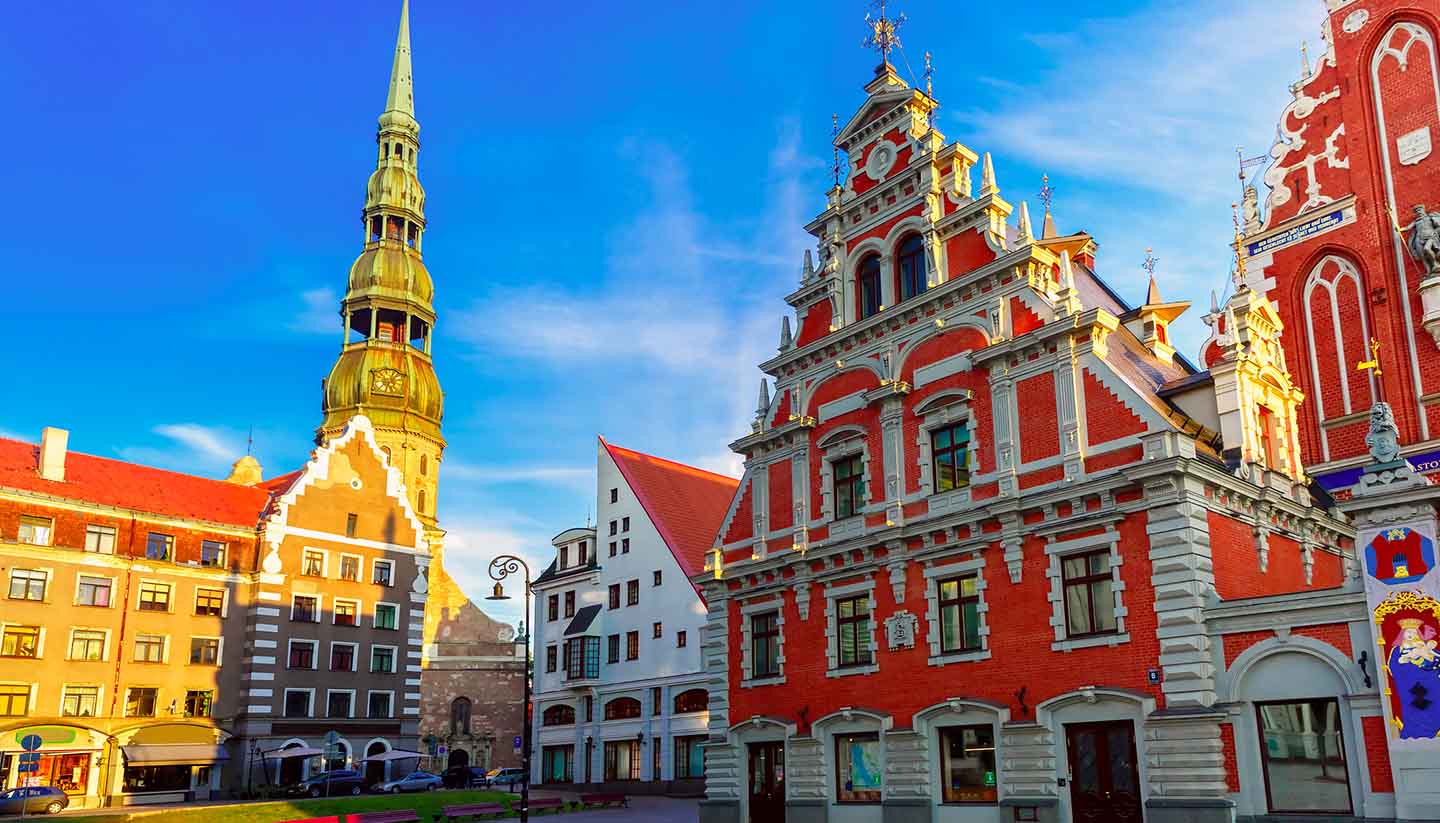Latvia: Doing business and staying in touch
Doing Business in Latvia
Business cards are exchanged. Appointments should be arranged in advance. In general, business is conducted in a fairly formal manner.
Dress code is relatively formal, for men and women, with suit and tie or a smart outfit expected for business meetings. However, new technology-based industries have joined the trend of dressing down in more casual gear. Handshakes are the normal way to start any meeting. Gifts are not expected, but a small gift representing your country or business are accepted.
In a nation with a high per capita rate of alcohol consumption, most evening meetings and dinners, and indeed many lunches, are peppered with alcoholic drinks. Business hours are normally Monday to Friday 0830-1730. The old Soviet era tendency to turn public holidays into an excuse for two or three days off work seems to be waning.
Office Hours
Mon-Fri 0830-1730.
Economy
Latvia's transitional economy recovered from the 1998 Russian financial crisis, largely due to the government's strict budget and effort to move exports toward EU countries, easing Latvia's trade dependency on Russia. Most companies, banks and properties have been privatised, although the state is still involved in a few large enterprises.
Latvia officially joined the World Trade Organisation in 1999. EU membership, a top foreign policy goal, as well as NATO membership, came in May 2004.
The global financial crisis in 2008 saw unemployment in Latvia soar from 7% in 2008 to 22% in 2009. High levels of inflation (reaching 17.7% in 2008) delayed Latvia adopting the Euro, but in 2014 the country was finally accepted into the Eurozone. Since 2012, Latvia's economic growth rate has been one of the fastest among the EU member states. With a spike in international trade and an entrepreneurial attitude, Latvia ranked 20th in the 2017 global index of economic freedom.
GDP
US$ 27.68 billion (2016).
Main exports
Timber and wood products, foodstuffs, machinery and equipment, metals and textiles.
Main imports
Machinery and equipment, chemicals, fuels and land vehicles.
Main trading partners
Germany, Lithuania, Estonia, Russia and Poland.
Keeping in Touch in Latvia
Telephone
Payphones are operated by phonecards which can be purchased at kiosks, post offices and in some shops.
Mobile Phone
Roaming agreements exist with most international mobile phone companies. Coverage is good. Purchasing a SIM card with a local plan can help avoid expensive roaming charges if you are spending extended time in Latvia.
Internet
There are many Internet cafes in Riga and some in other towns. Most, if not all, accommodation will provide guests with Wi-Fi access.
Media
Public radio and TV are financed by state subsidies and advertising revenue. The media operate freely, with few legal restrictions on their work. There are laws against libel and incitement of racial hatred.
Post
Post boxes are yellow. Mail delivery within Europe takes two to seven days, to America and Australia 9 to 13 days. Riga Central Post Officeis located at Stacijas laukums (next to the main railway station), opening hours: Mon-Fri 0700-2100, Sat 0900-2000, Sun 1000-2000.
Post Office hours(General, main) Mon-Fri 0700/0800-1800/1900, Sat 0800-1600.


